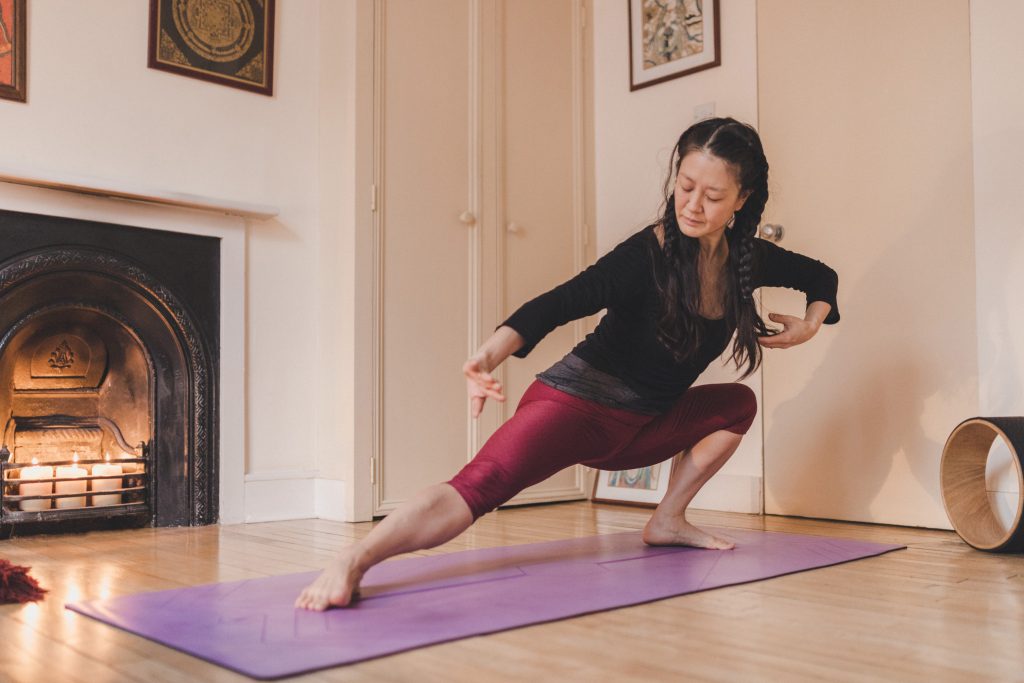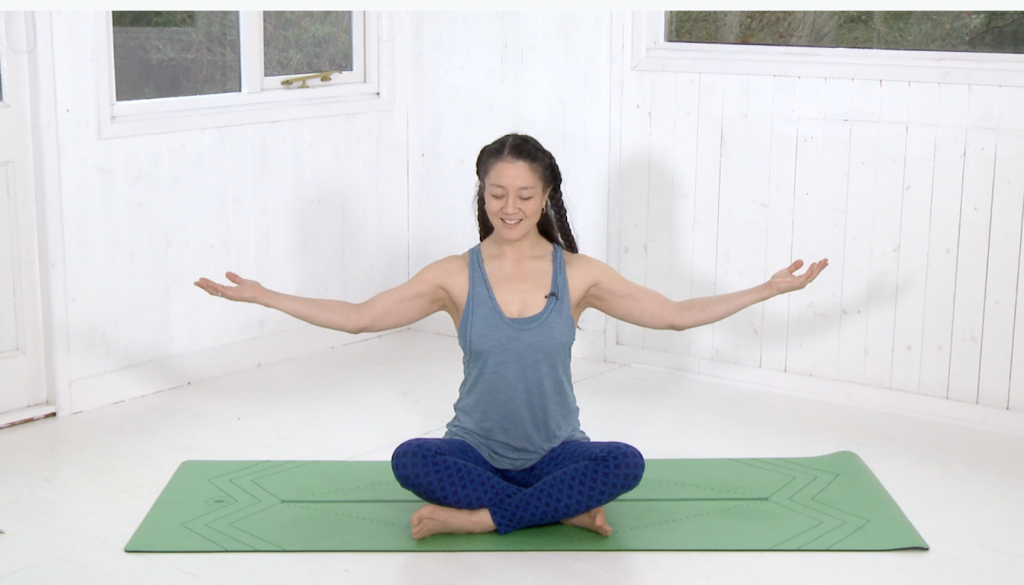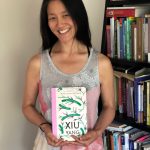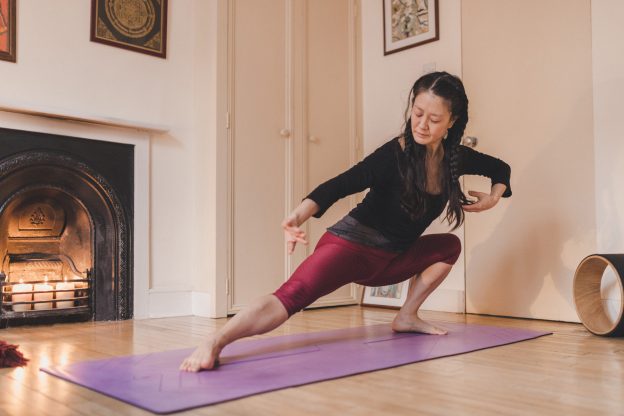
We’ve been inspired by reading Mimi Kuo Deemer’s book Xiu Yang, which is the Chinese art of self-cultivation, and wanted to try some approaches for ourself. Mimi offers three ways to energise and shift our perspective so that we feel greater harmony.
Here are three ways to begin to cultivate greater balance and harmony into your daily life inspired by Xiu Yang. The first is an immediate and direct way to help you optimise your energy throughout a day. The second provides a way to shift your perspective on age. The third is what I’ve called ‘Xiu Yang for Unity’. These self-cultivation practices for daily life are simple and easy. Enjoy these practices to support you in shifting your perspective.
Super-charge your breakfast and watch your bedtime with self-cultivation for daily life
Always eat a substantial breakfast between the hours of 7 – 9 am, and be sound asleep by 11pm.
7 – 9am are the stomach hours. The stomach is an Earth element organ, and corresponds to qualities such as stamina, stability, and the ability to stay centred. For practitioners of xiu yang, this is the most important meal of the day, because what we take in through our stomachs in the morning fuels and supports the healthy functioning of all your other organs, such as your heart, lungs, liver, and kidneys to name a few. By eating a full breakfast, you will improve your metabolism and overall digestion, circulation and immunity. You will also have more energy throughout your day.
Between 11pm and 1 am are your gall bladder’s hours. In Chinese medicine, the gall bladder governs judgement and decision-making, and also removes and stores the liver’s bile. Liver and gall bladder relate to the Wood element in Chinese medicine. Being in deep sleep during these hours will support both organ’s optimal functions, decreasing tendencies towards irritation, anger or even violence – which are the signs of an imbalance in the Wood element. In fact, many statistics have shown that the highest incidences of violent crime happen between the hours of midnight and 12:59 am – a time of night that the body clock advises we should be in bed and asleep.
Train for 10 years older than you are
With self-cultivation, we can plant the seeds today to help you create a bounty and health in your older years. This means that at my age of 46, I can train to support and respect my body for when I reach 56. This brings about a deeply felt understanding of self-cultivation for daily life. For most, however, fast-forwarding your life and thinking to when you are thirty-five when you are only twenty-five can feel overwhelming and off-putting.
Why is this? Because Western culture generally disdains age and celebrates youth. Most of us dislike the notion of getting older. I regularly hear people tell me they want to exercise to look and feel younger. We must remember that as our body ages, it tends to dry up and slow down. Sometimes we forget this, and may inadvertently follow practices that deplete us, leaving us even more dried out and weaker in our older years. Our strategy to save ourselves becomes the harbinger of the terror we most fear.
Self-cultivation therefore asks you think of yourself in ten years: envision some strength, agility and health rather than to depletion, stiffness and disease. What is the first step towards making this vision a reality? Accepting that as your body ages, it tends to dry up and slow down. Sometimes people forget this, and may inadvertently follow practices that deplete them, leaving them even more dried out and weaker in their older years. By carefully selecting practices with the primary intention of promoting health, balance and long-term sustainability, you can learn to enjoy better physical health and vitality through your older years.
Xiu Yang for Unity
This is a practice I often share on my trainings and immersions, or occasionally in the yoga classes I teach. It is a way we can interact with the world that builds more common ground while also helping us get faster than our conditioning, or patterns ways of being. In yoga and Buddhism, they call these samskaras. This was first taught to me by my teacher Erich Schiffmann. Most of the time, when we walk down the street, we immediately categorise the people we see as tall, short, old, young, strange looking or cute. Instead of these quick categorisations, see a person and say to yourself, ‘Brother’, ‘sister’, or ‘friend’. This lets us get faster than our conditioning by intervening in making these judgements.
The next time you are somewhere – be it walking down the street or in a cue waiting to be served or board a train, see a person and say to yourself mentally and quietly, ‘brother’, ‘sister’ or ‘friend’. It’s an amazingly liberating practice that also helps us begin to create more union and connection with your fellow human beings.
>>Try this beautiful class from Mimi for greater awareness<<

You can sign up for our bookclub and join MFML founder Kat Farrants and Mimi. They will be discussing Xiu Yang on Facebook Live and our MFML movers group throughout June and July 2019.
About Mimi Kuo-Deemer :

Mimi Kuo-Deemer is dedicated to living, sharing and evolving the art of xiu yang. She champions the balance of playfulness and precision as the best way forward in life. Mimi never underestimates how sitting, breathing and conscious movement provides the clearest and most compassionate perspective on the messy, complex and often unpredictable job of being human. She is a teacher of both students and other teachers. She has practised and taught yoga, qigong and meditation for over twenty years in China, the UK, Europe and the United States. Xiu Yang: Self-cultivation for a happier, healthier and balanced life is her second book.





Leave a Reply